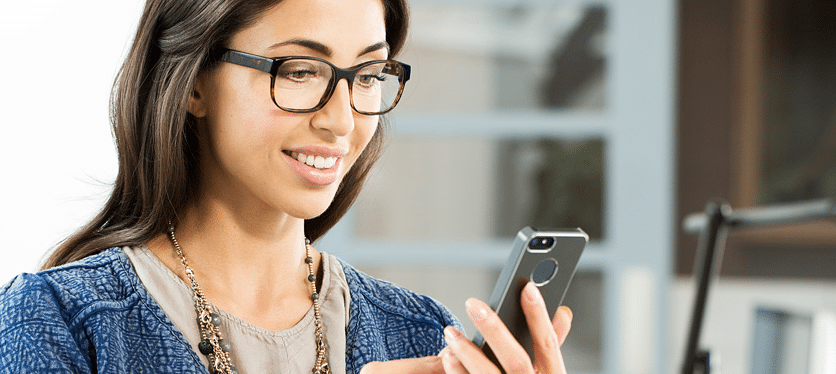Blue Light Blocker
Our environment is changing rapidly from our technology lead lifestyles to the way we are lighting our homes, offices, cars and public places.
For some they are aware of the effects this light intensity brings while others tolerate the visual demands with a certain inevitable resignation.
The truth of the matter is with both the extent and time we are using digital devices for our work, entertainment and communication and the shift from the old sulphur lighting to new LEDs, we are being exposed to a high energy light referred to as HEV, high energy visible light.
The range of the spectrum to which we refer is the transition of light from UV to our visible spectrum, blue light.
All computers, tablets, smartphones and modern digital displays emit this blue light. We now know that by blocking or reducing this blue light exposure, eye fatigue and eye strain can be reduced. It also has a bigger implication for our natural body clock and in particular our sleep patterns.
Several studies on this effect have been carried out, the most recent on 10,000 Norwegian students assessing their media use and the effects on their sleep pattern.
The white light we are surrounded by in today’s indoor lifestyle has a large amount of this HEV / blue light. We know this short wavelength high energy light penetrates to the back of the eye falling on the retina. Never before have we had such an intensity and daily exposure of this type of light.
Blue Light Blocker
Our body has a natural clock which brings us around in the mornings increasingly bringing us to full alertness, to slowing down our body in the evening and night to prepare for sleep. We know daylight plays a role in this regulation. The artificial white HEV light we use in our homes with LED and emitted from digital devices imitate natural light confusing our cycle. This is particularly problematic for children and teenagers as their eyes are so clear they are getting increased transmission and thus exposure to this HEV light.
We are encouraging people and particularly parents to regulate where possible the use of digital devices around bedtime.
Melatonin is the hormone our bodies naturally release in the evenings. The level of melatonin steadily rises until bedtime.We now know that HEV/blue light exposure in the evenings and at night suppresses the release of melatonin and thus our preparation for sleep.
Where possible we offer a new BlueControl filter on the spectacle lens for our patients . This clear lens filter built into their prescription specifically reduces the exposure to HEV/blue light protecting us from the fatigue and eye strain associated with long term computer use and the effect of using these devices at night time, on sleep pattern.
For those that do not need glasses we offer an adhesive screen filter, a blue light blocker, that can be attached to any device, various sizes are available, and this significantly reduces the blue light transmittance from the device without compromising the clarity and quality of the image.
We feel Ocushield filters are an ideal place to start for the young digital user. These inexpensive filters are highly effective, attaching one to any digital device.
We are fully aware of the benefits of technology and how it can enhance all of our lives. Digital devices are here to stay, so we strive to reduce the detrimental effects that they an have on our vision.
Feel free to contact us directly if you need further information, or have any questions on the topic info@opticalrooms.com or call 01 8089013. Perhaps add a comment below.
